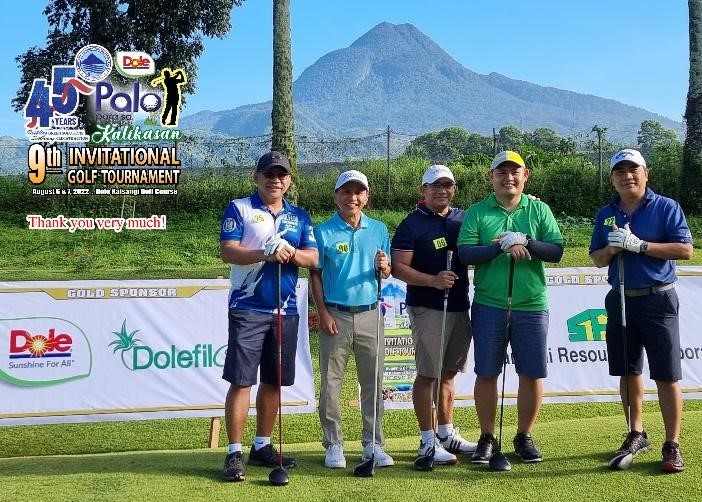As part of the roll-out activities of the 3-year EU-funded RESOURCEGov 2 Project, a roll-out training on CSO participation to local budget process/CSO accreditation was conducted on May 23-24, 2018 at La Entrada, Britania, San Agustin, Surigao del Sur. The 2-day activity was participated by at least 37 key officers of the 20 CSOs of Remedios T. Romualdez (RTR), Agusan del Norte and Tago, Surigao del Sur. The objectives of the activity were for CSOs/LGUs to (a) understand the different phases of the local budget process, (b) appreciate their emerging roles in the various phases of the local budget process; and (c) utilize the emerging tools (ODK) for budget/project monitoring including LGU compliance to local budget process. Mr. Glenn Bais and Ms. Imelda Gamonez, Executive Director and Point Person of PhilDHRAA, Ms. Myra G. Macla, Project Officer of MINCODE, and Mr. Jobe C. Tubigon, Program Manager of Mahintana facilitated the activity. Hon. Rogelio M. Pimentel, Mayor of Tago, Ms. Marichelle Gultiano, MLGOO of Tago, Ms. Melchora Grana, MLGOO of RTR, and Ms. Olivet May B. Gumbao, Mun. Budget Officer of RTR served as the resource persons.
Mayor Rogelio M. Pimentel welcomed the participants and thanked the project for choosing their LGU/s as replication areas during the opening sessions He acknowledged the vital roles of CSOs in local governance and asked the CSOs to effectively implement and sustain the projects provided by the government. Mr. Tubigon presented the project overview including the rationale, objectives, framework, key interventions, project management structure, budget and results of the RESOURCEGov Phase 1 project. One by one, he demonstrated each of the 5 key interventions of the RESOURCEGov 2 project which include (1) ODK-based tax mapping/business inventory system, (2) ODK-based project/budget monitoring system, (3) legislative information tracking system, (4) LGU performance monitoring through Citizen Satisfaction Index System (CSIS), and (5) CSO participation and LGU compliance to local budget process.
Ms. Grana, MLGOO of RTR, shared the CSO accreditation process including the, requirements, timelines and its importance in CSO participation to local special bodies. She stressed that in order for CSOs to participate in the local special bodies/local budget process they should be accredited by the LGUs/SBs. Ms. Gultiano, MLGOO of Tago, presented the roles of CSOs in the local special bodies/local development councils. She said, once the CSOs are accredited by the LGUs/SBs, they can participate and select among themselves who will represent in the LGC-mandated councils such as the local development council (LDC), local health board (LHB), local school board (LSB), local peace and order council (LPOC) and local bids and awards committee (BAC).
Ms. Gumbao, Mun. Budget Officer of RTR, discussed the different phases and roles of CSOs in the local budget in order for them to have a meaningful participation in the local special bodies/development councils, especially in budgeting/investment programming. One-by-one, she presented each of the 5 phases of the local budget process (Preparation, Authorization, Review, Execution and Accountability) and the 18 steps/activities where the roles of the CSOs and LGUs have been laid out in details in each of the steps/activities In order to ensure open/transparent, technology-based and real-time monitoring of budgets/ projects, Mr. Tubigon then introduced and demonstrated to the participating CSOs the use of emerging tools such as Open Data Kit (ODK) in project monitoring/budget tracking. He stressed that the said monitoring tool is user friendly and cost effective as it reduces costs normally incurred in a paper-based monitoring and can be used by any non-programmers and without internet connection.
After the presentations and demonstrations, all the CSOs admitted that it was their first time to learn and see in details their roles in the local budget process as laid out in the handbook on CSO Participation in the Local Budget Process (published by EU-funded LGU-PFM2 project). They acknowledged that while they have been participating in the activities of the LGUs, they were not aware of their roles in the local budget process as clearly as stated in the handbook. It was also their first time to see a transparent and participatory monitoring system using user friendly technology (ODK). According to the CSOs, with the new knowledge and skills they gained from the training they are confident now that they can meaningfully participate in planning, budgeting and monitoring of budgets/project of their respective LGUs.



